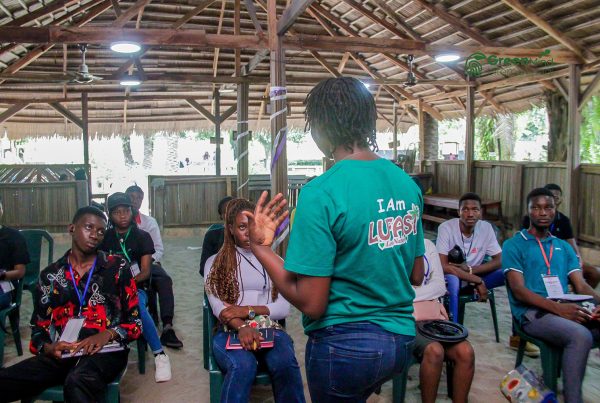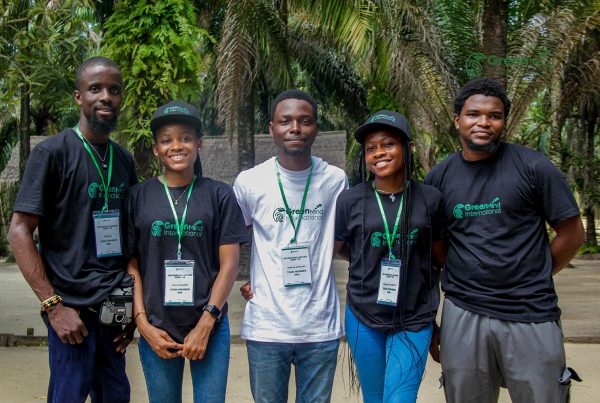In a world increasingly challenged by environmental crises, the role of education in shaping sustainable mindsets and behaviors becomes more important. How do we expect change when people have no reason, knowledge to why they need to protect the environment? Environmental education serves as a catalyst for fostering a deeper understanding of how humans and nature are related, equipping individuals with the knowledge and skills needed to become effective environmental heroes.
At its core, environmental education seeks to instill a sense of environmental literacy—a deep comprehension of environmental issues, and the interdependence of human and natural systems. All these said, environmental education should be tailored to different communities, cities and cultures. Environmental education need to be spread in the fun, unconventional ways, with the right language and peculiar to different cultures.
Promoting Sustainable Practices
Environmental education empowers individuals to make informed decisions and adopt sustainable lifestyles. By imparting knowledge about resource conservation, waste reduction, renewable energy, and biodiversity conservation, it equips learners with the tools to minimize their environmental footprint and advocate for positive change within their communities. From composting and recycling to water conservation and sustainable transportation, environmental education encourages practical actions that contribute to a healthier planet.
 Inspiring Environmental Stewardship
Inspiring Environmental Stewardship
At its essence, environmental education seeks to cultivate a generation of environmental stewards—individuals who are committed to safeguarding the Earth for future generations. By nurturing a sense of environmental responsibility and ethical reasoning, it encourages proactive engagement in environmental advocacy, policy-making, and conservation efforts. Environmental stewards recognize the interconnectedness of global environmental issues and strive to address them through collaboration, innovation, and collective action.
Integrating Environmental Education
Environmental education should not be limited to natural science students alone, instead, integrated into formal school curricula, informal learning settings in order to create a widespread impact. Schools, universities, non-profit organizations, and governmental agencies play pivotal roles in advancing environmental literacy and promoting environmental citizenship. By fostering partnerships across sectors and community leaders, leveraging diverse educational platforms, we can ensure that environmental education reaches individuals of all ages and backgrounds.
Conclusion
Green Mind International Academy is at the fore front of bringing environmental education to everyone regardless of their educational background, exposure and literacy. Working towards achieving the sustainable development goals (SDG 4 and SDG 13 specifically), GMI works towards challenging climate change, biodiversity loss, and pollution through environmental education. We strongly believe that if we nurture environmental consciousness, make environmental sustainability fun, appealing, unconventional and educative, we will raise future environmental heroes and stewards. People fight for what they believe in and belief is strengthened through education and Green Mind International Academy will continue to push that, embracing an inclusive journey towards a greener, more sustainable world.
Join us to train, raise and support future environmental heroes – contact us here.




